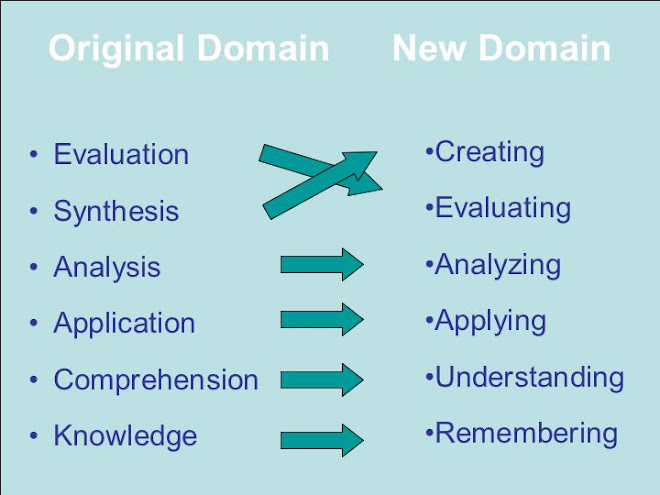The presentation from Edison Learning stimulated many questions and considerations. None of which seemed to have been unresearched by the company composed of former teachers and administrators. The three gentlemen had thoughtful answers for every question which was a sign to me that they all knew teaching and school systems very well--their online school is thorough. The new Pennsylvania school entirely online program's weakness is in the Arts. But the integrated partnership system, individually fostered regionally, is intended to make up for those valuable places it cannot extend through the digital interface. Perhaps the Menlo Park non-profit Arts in the Schools would be a fitting partnership for Edison. Most impressively, each student has a counselor who together with the student and family, determine the best education plan, checks progress regularly and administers tests.
I very much appreciated the thoroughness of the plan--from sending a computer to every student to science kits and, at one time, keyboards for music lessons. The ending of music training due to the high cost of inventory loss is understandable but the reasoning for not having mounted cameras is not strong enough. Cameras in computers are inexpensive and the value of presenting before a camera is vastly more enriching.
For the second part of this entry, I will state again my commitment to video technology not only for learning but for giving voice and empowering unrecognized populations. The documentary CRUDE (dir. Joe Berlinger, US/Ecuador) exposed for its audiences a contemporary David and Goliath story still happening to indigenous people in the Ecuadoran jungle at the hands of Texaco oil. The camera's eye and ear exposed a passionate local man who grew up in a village near the focal Texaco oil processing plant, was supported to go to law school and took command of this mammoth case because he lived the truth. The technology has the unique capacity to show humility versus artifice, ferocity and eloquence against deception and obfuscation. These are indeed valuable lessons that are learned most deeply when shown.
That commitment being made, it is highly likely that Artifact II will be in my medium of choice. I must state here that my subject matter will not go outside of the audience that I've worked with for years: American children, who unless they are offered education that supports their attaining a worldview, compassion and tolerance, then more will grow up to be like Texaco lawyers. A balance both inside and outside of powerful nations must be struck in our efforts to ameliorate international imbalance. That balance includes making the invisible visible, injustices tacit and showing another way to the future generations of this country.
For the online EdisonLearning to be a truly successful innovation in educating independent resourceful thinkers, it must provide education of the self. The Creative Arts are brilliant tools for such an outcome. Carefully directed engagement with an inexpensive computer mounted video camera could provide not only a means of presenting materials but also offering structure to the discovery of one's image, presence and voice.
Dr. Kim spoke of innovation and the importance of a test period. The first phase of a test will see multiple setbacks and surprising usages. "Don't give up during the test period!" he implored. Even if your test period has been ten plus years...it can be counted as valuable research and test period. Good to hear that. Thanks, Dr. Kim.
Wednesday, October 21, 2009
Subscribe to:
Post Comments (Atom)


No comments:
Post a Comment